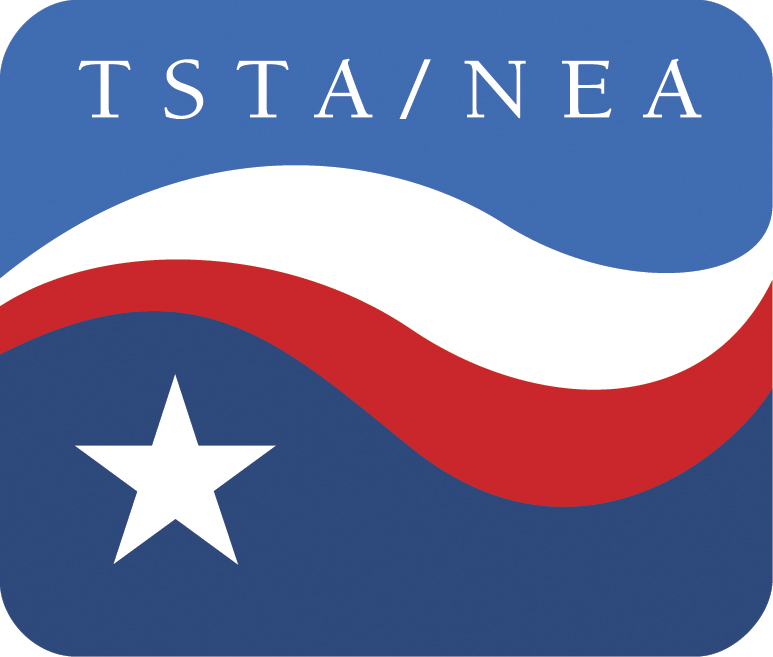Putting school vouchers in backpacks
Unbelievable as it may seem, some readers of this blog occasionally take exception to my reasoned rhetoric – and to my view that we should give our public schools the resources they need to do their job instead of siphoning away our tax dollars for unproven school privatization schemes.
Many of these people call themselves education “reformers,” when, in fact, they are not trying to reform – or improve — public schools but, instead, are trying to capitalize on them. Folks, profit-making for a select few is not the purpose of our public education system.
A spokesman for Texas Families First (TFF), one of these education privatization groups, has taken exception to my previous blog posting, in which I outlined the many problems with HB300 by Rep. Jason Isaac of Dripping Springs. I also noted the absurdity of Isaac claiming to be a champion of education after voting to slash $5.4 billion from public school budgets two years ago and now trying to continue the demolition.
Isaac filed HB300, the so-called “Independent School District Bill,” on behalf of TFF, which wants to give parents more control over school choices for their children, even to the point of allowing school districts to ignore important, statewide education standards – including class size limits and teacher qualifications — and allowing parents to turn their schools – and tax dollars — over to for-profit, outside operators.
I doubt there was anything TFF liked about the previous blog posting, but the group’s spokesman objected specifically to my writing that HB300 includes a voucher of “last resort” provision. He said the bill doesn’t include such a provision and asked for a correction.
I have subsequently reviewed the 62-page bill and haven’t found any specific reference to the word, “voucher.”
But the bill would allow for “backpack funding.” That means state funds for school districts participating in the program would go with the students. It parents were to turn over the management of their local school to a for-profit operator – and nothing I could find in the bill would prohibit that – the “backpack” money would amount to a taxpayer-paid voucher. And, that would be a transfer of public money to private hands.
Call it what you wish. It is not education reform. It is school privatization.
